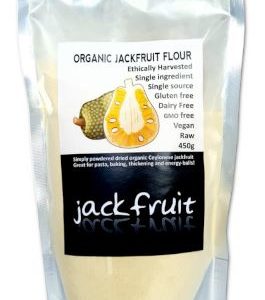OMEGA FATTY ACIDS & ANIMAL HEALTH
Omega fatty acids, particularly omega-3s and omega-6s, are crucial for animal health, playing vital roles in cell structure, immune function, and overall well-being. They are essential because animals cannot produce them on their own and must obtain them through their diet.
Here’s a more detailed look at their importance:
1. Cell Membrane Structure and Function:
- Omega-3 and omega-6 fatty acids are integral components of cell membranes, impacting their fluidity and permeability.
- This ensures proper cell function, allowing for efficient communication and nutrient exchange.
2. Skin and Coat Health:
- Omega-3s and omega-6s are known to promote healthy skin and a shiny coat in animals.
- They help manage skin conditions like itching and inflammation, making them beneficial for animals with allergies or skin issues.
3. Brain and Nervous System Development:
- Omega-3s, particularly DHA, are crucial for brain development, especially in young animals.
- They support cognitive function, learning, and visual acuity.
4. Immune System Support:
- Omega-3 fatty acids play a role in regulating the immune response, helping to control inflammation and maintain a healthy immune system.
- This can be particularly important for managing inflammatory conditions and supporting overall immune function.
5. Joint Health:
- Omega-3s, especially EPA, can help reduce inflammation in the joints, promoting flexibility and mobility.
- This can be beneficial for older animals or those with joint problems.
6. Heart Health:
- Omega-3s, particularly EPA and DHA, are known to support cardiovascular health in animals.
- They can help reduce the risk of heart disease and promote overall heart function.
7. Reproduction and Growth:
- Omega-6 fatty acids are important for normal reproduction and growth in animals.
- They also play a role in hormone production and overall development.
Examples:
- In dogs, omega-3s can help manage itching associated with skin diseases like atopic dermatitis and promote a healthy coat.
- In cats, omega-3s can support brain development, visual acuity, and overall cognitive function.
- For farm animals, omega-3s can enhance reproductive efficiency and improve milk yield.
- In fish, omega-3s are crucial for their health and development, and can be passed on to other animals through consumption.
In conclusion, omega fatty acids are essential for maintaining the health and well-being of all animals. Ensuring adequate intake through diet or supplementation can provide numerous benefits, from supporting skin and coat health to promoting brain development and immune function.






